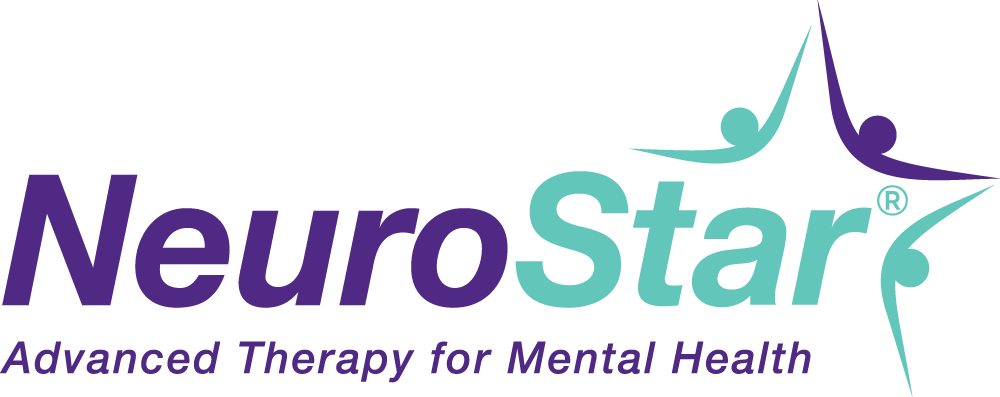Insurance Coverage for NeuroStar TMS Therapy in Columbia


Our In-Network Advantages in Columbia
Bloom Health Centers contracts with most major Maryland insurers, meaning lower deductibles and negotiated rates. In-network status also streamlines your paperwork because insurers already recognize our facility and NeuroStar equipment codes. Local claims processors are familiar with our documentation style, reducing the back-and-forth that slows approval.
Because we file electronically, decisions typically arrive within ten business days. This fast processing means you can move from evaluation to your first TMS therapy session without sitting on a waitlist for months.
Common Medical Plans That Cover NeuroStar TMS
Many Blue Cross Blue Shield, Care First, United Healthcare, and Cigna plans list TMS therapy under behavioral-health benefits after two failed antidepressant trials. Medicare covers treatment-resistant depression under national guidelines, making care accessible to retirees. Some Medicaid managed-care plans also authorize TMS for adults when other therapies have not worked. High-deductible policies may still leave coinsurance, but we provide accurate cost estimates before starting any treatments. Employers with self-funded plans sometimes add carve-outs; our staff can petition with your HR for one-time exceptions if needed. Keeping a copy of prior medication records can help us speed up your approval across all these carriers.

Our Step-by-Step Benefits Verification Process
Understanding your insurance coverage for NeuroStar TMS starts with a brief phone call where we gather your insurance ID, your prescription history, and your contact information. Within twenty-four hours, our specialists confirm eligibility, deductible status, and any prior-authorization forms. We then schedule a clinical evaluation to document your symptom history and treatment trials. A dedicated case manager will then submit the packet and track progress, updating you by phone or secure portal. If an insurer requests more data, our psychiatrist supplies additional notes. Our transparent updates at each stage eliminate guesswork and ease anxiety about costs.
Managing Your Out-of-Pocket Expenses
Even with coverage, you may face copays or coinsurance for your NeuroStar TMS treatment; that is why we offer flexible payment plans to spread these costs over time. We also accept HSA and FSA cards, letting you use your pre-tax dollars to cover the costs and lower the financial burden. For high-deductible plans, we cap per-session fees to keep totals predictable. Veterans may qualify for the VA Community Care Network, which can cover all expenses once authorization is granted. Manufacturer and charitable-foundation grants occasionally offset remaining balances for eligible patients. Our billing advisor reviews every option so care remains affordable for individuals and families alike.
Call Our Columbia Office to Learn About Insurance Coverage for NeuroStar TMS Therapy
Call our benefits line now and receive an insurance coverage review. We handle authorizations, estimate copays, and schedule your first appointment without delay. Quick answers mean faster relief from depression or OCD symptoms. Most major carriers already recognize our center, making approval smoother than you might expect. Pick up the phone today and let us clear the financial path to better mental health.

TMS Patient Journey at Bloom
New to TMS? You are not alone.
Find out more about the journey to a life without depression through TMS Therapy at Bloom.
TMS Offered At:
Bloom Tips and Tools
Bloom Services:
Learn more about our comprehensive range of mental health services and schedule an appointment today!
Bloom Blog:
Helpful insights and information for your mental health journey.
Bloom In The News:
Press releases, announcements, and mentions in other media sources.
have questions?
We’re here to answer them. Request an appointment through our online form.
NeuroStar Indication Statement
Adult Indications for Use
The NeuroStar Advanced Therapy System is indicated for the treatment of depressive episodes and for decreasing anxiety symptoms for those who may exhibit comorbid anxiety symptoms in adult patients suffering from Major Depressive Disorder (MDD) and who failed to achieve satisfactory improvement from previous antidepressant medication treatment in the current episode.
The NeuroStar Advanced Therapy System is intended to be used as an adjunct for the treatment of adult patients suffering from Obsessive Compulsive Disorder (OCD).
Adolescent Indications for Use
NeuroStar Advanced Therapy is indicated as an adjunct for the treatment of Major Depressive Disorder (MDD) in adolescent patients (15-21).
Important Safety Information
NeuroStar Advanced Therapy is only available by prescription. A doctor can help decide if NeuroStar Advanced Therapy is right for you. Patients’ results may vary.
The most common side effect is pain or discomfort at or near the treatment site. These events are transient; they occur during the TMS treatment course and do not occur for most patients after the first week of treatment. There is a rare risk of seizure associated with the use of TMS therapy (<0.1% per patient).
Visit neurostar.com for full safety and prescribing information.
